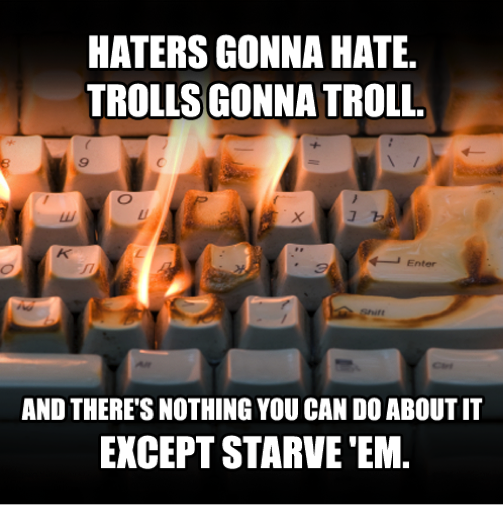 New startups are launching every day, and it's a lot of work for the nonprofit community to weed through which platforms are useful, and which aren't the right fit. A new social platform, ChronicleMe (CMe) launched recently, and it's a free, anonymous social media platform. The creators of the platform state that "although paradoxical, we believe that anonymous social media will provide millions with deeper connections than ever before. In today‘s current social media platform, we have accepted that everything we post is tracked, scrutinized, and public. Not anymore."
New startups are launching every day, and it's a lot of work for the nonprofit community to weed through which platforms are useful, and which aren't the right fit. A new social platform, ChronicleMe (CMe) launched recently, and it's a free, anonymous social media platform. The creators of the platform state that "although paradoxical, we believe that anonymous social media will provide millions with deeper connections than ever before. In today‘s current social media platform, we have accepted that everything we post is tracked, scrutinized, and public. Not anymore."
Every post on ChronicleMe is anonymous, but when a user responds to an anonymous post, they'll have the opportunity to reveal their identity, or remain anonymous. If they reveal their identity, the person who posted will have the option to continue the conversation through private messaging.
CMe allows you to link to your Twitter account, and connect with your Facebook friend's CMe accounts, but you won't ever know who's who unless they expose themselves. You have to follow seven people until you'll begin seeing your friends posts to create real anonymity.
The concept of anonymity raises a few questions. What are the consequences of being anonymous, especially for nonprofit constituents? Will this allow for trolls to have more spaces to attack people around hot button issues? And is anything online ever truly anonymous? According to the Pew Research Center's Internet Project, 59% of internet users do not believe it is possible to be completely anonymous online. Anonymity is a potentially dangerous road, and can remove the person from behind the message.
What's interesting is that ChronicleMe has partnerships with two nonprofits: the GLBT National Help Center, which works with gay and lesbian teens, and RAINN, the Rape, Abuse and Incest National Network. When CMe participants suggest that another user gets help, they're sent links to third party help groups. These can be very touchy subjects that are being talked about, and unfortunately trolls and predators thrive on anonymity.
On one hand I can understand why someone would want to be anonymous in discussing these highly sensitive issues, especially if it’s in the form of seeking advice, sharing very personal experiences, etc. However, I can’t shake the flip side of this, which is trolls and predators using platforms like this to hurt people.
What are your thoughts on social platforms that offer anonymity?



COMMENTS